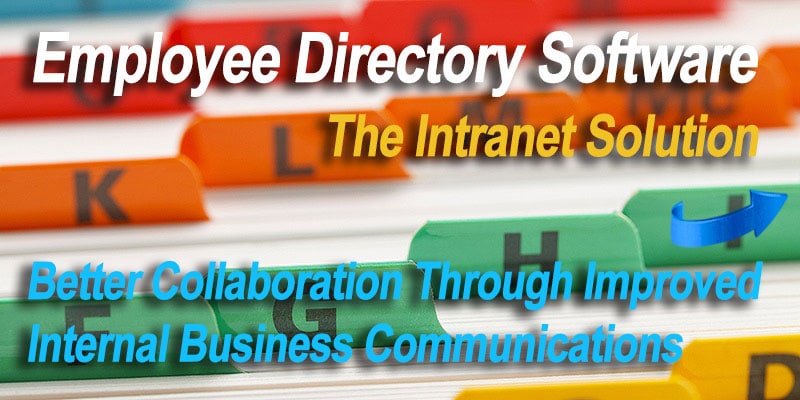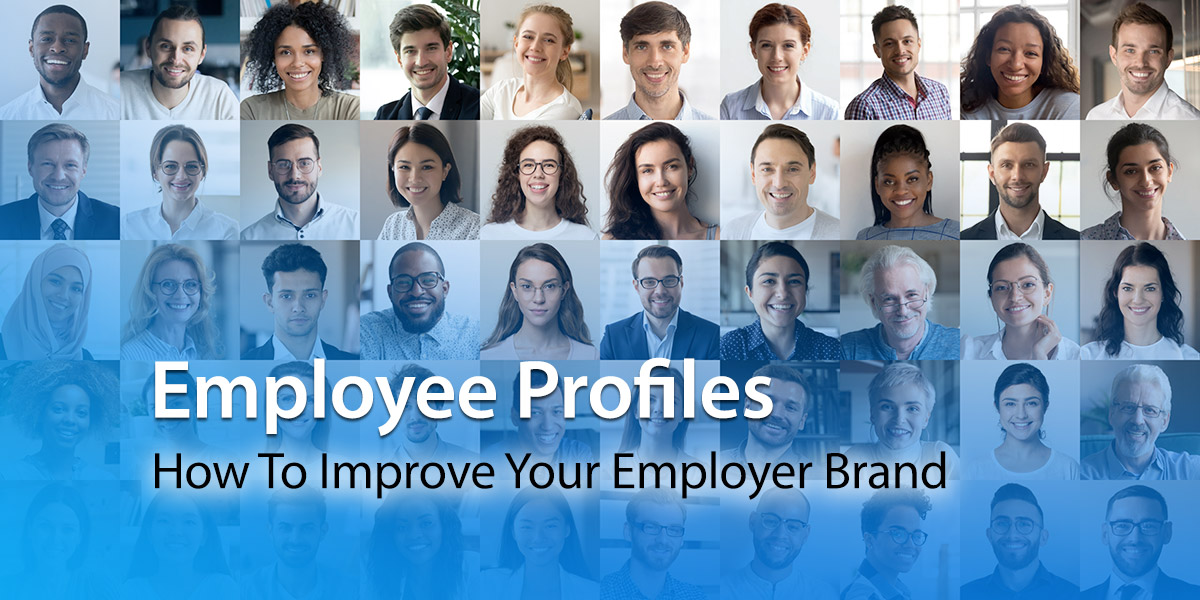Disciplinary Procedure
A standardized process an organization goes through when dealing with employees who have breached the terms of their employment agreement. It could be misconduct, breaking the rules somehow, or poor performance. Disciplinary procedures need to be standardized and fair, so the organization doesn’t face discrimination or other legal charges.
Examples of disciplinary action an organization can take include the following depending on the severity of the breach:
- Verbal warning
- Written warning
- Poor performance review
- Performance improvement action plan
- Termination
What Types of Behavior Lead To Disciplinary Action?
Much depends on the organization and type of business. However, the following are examples of employee misconduct that often result in a disciplinary procedure.
- Threats or acts of violence, especially against co-workers, customers, or stakeholders
- Sexual harassment or assault in the workplace
- Fraud, including unauthorized use and misappropriation of funds
- Theft
- Discrimination
To ensure your disciplinary procedure is fair and transparent, you must have clear and well-publicized standards of behavior. Employees need to know what behaviors are acceptable, your performance expectations, and what action will be taken if they fail to meet the required standards.
Job descriptions are the essential starting point for detailing job requirements and expectations. Many organizations also have staff handbooks, which include codes of conduct and also set out employees’ rights. Furthermore, anti-discrimination and anti-harassment workplace policies make expectations around these critical areas crystal clear.






